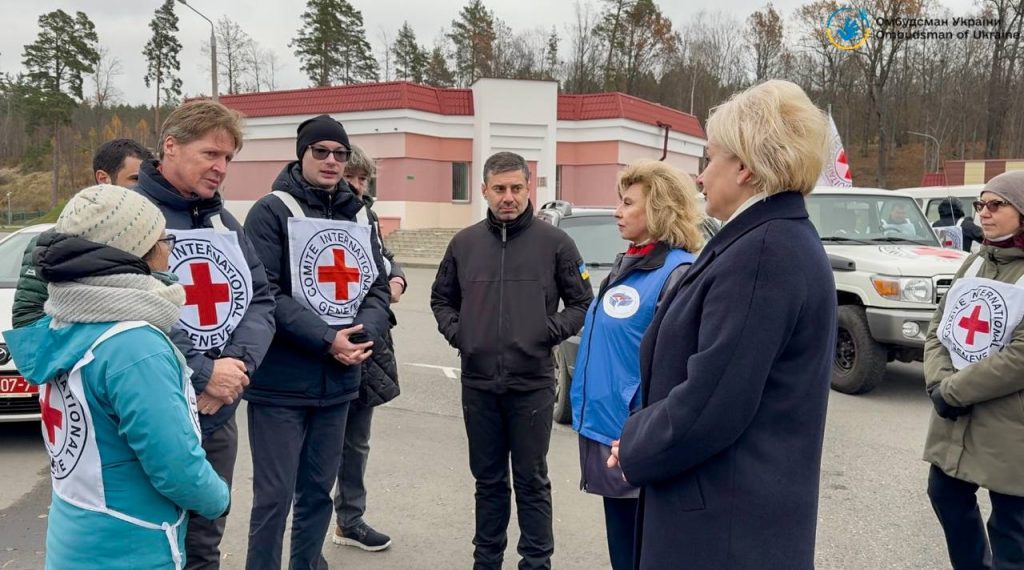Two sham candidates, Siarhei Bobrykau and Olga Chemodanova, have dropped out of the 2025 Belarusian presidential election race and have pledged support for incumbent dictator Alexander Lukashenko. The upcoming election is the first since the controversial 2020 elections that plunged the country into a political crisis. The Central Elections Committee allowed six token candidates to challenge Lukashenko, but Bobrykau and Chemodanova withdrew without even starting to collect signatures. The remaining candidates, including Lukashenko and four loyalists, have until December 6 to gather over 100,000 signatures to get on the ballot. Lukashenko is seeking a seventh consecutive term in office amid ongoing repression and crackdowns on civil society.
Belarusian dictator Alexander Lukashenko has pardoned 31 political prisoners who were convicted on charges of extremist activities. This marks the fifth round of pardons since July 2024, bringing the total number of pardoned individuals to 146. However, nearly 1,300 political prisoners remain behind bars in Belarus, with over 200 more individuals recognized by Human Rights groups as being jailed on politically motivated charges. The release of the prisoners coincided with sweeping police raids across the country ahead of the scheduled presidential elections on January 26, 2025. The crackdown on civil society in Belarus began after the contested 2020 elections and has led to the elimination of independent media, political parties, and the imprisonment of regime opponents.
Prominent opposition leader Maria Kalesnikava has been allowed a family visit in prison for the first time in over 600 days. Kalesnikava, who led a presidential candidate’s campaign in 2020, was sentenced to 11 years in prison and was hospitalized in 2022 with a severe medical condition. Photos of the visit were posted by a former opposition blogger, and video footage of Kalesnikava is expected to be aired. Her family had been unable to contact her for over 600 days prior to the visit. Kalesnikava is one of several high-profile political prisoners who have been held incommunicado in Belarus, including former presidential candidates and journalists. Rights groups have raised concerns about her health and the conditions of her detention.
Ukraine and Russia’s ombudsmen met in Belarus to exchange lists of prisoners and letters from Ukrainian relatives to Ukrainian prisoners of war as part of efforts to address humanitarian issues amid Russia’s war against Ukraine. Belarus, a co-aggressor state in the conflict, has been involved in several prisoner swaps between Ukraine and Russia. The meeting also resulted in the repatriation of fallen soldiers’ bodies and the reunion of one family. The International Committee of the Red Cross participated in the talks. Belarus has supported Russia’s war efforts against Ukraine and has released Ukrainian prisoners in previous swaps. The meeting in Belarus aimed to address humanitarian concerns in the ongoing conflict.
Human rights organizations have urged state parties to the Rome Statute to support Lithuania’s referral to the International Criminal Court (ICC) to investigate alleged crimes against humanity by the Belarusian authorities. Lithuania formally requested the ICC to investigate the regime for mass repression that forced hundreds of thousands of Belarusians to flee the country. Despite Belarus not being a party to the Rome Statute, the ICC has jurisdiction over the alleged crimes committed on the territories of participating nations. The call for international support aims to send a message to the Belarusian regime that the international community will not tolerate impunity for such crimes. Residents of Belarus have sought exile in multiple ICC State Parties and other nations that have not ratified the Rome Statute.















